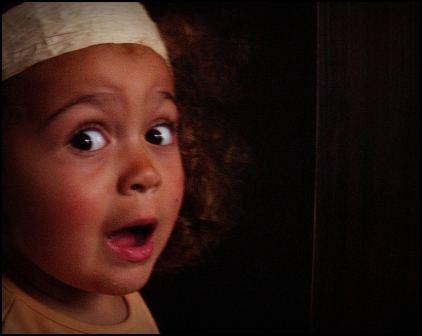I am in Devon as I write; overlooking glorious rolling countryside and listening to ducks, jackdaws and the trees rustling.
En route at Westbury station, I had a sudden thrill. A steam train passed through with all its noise and smoke and glamour. For one exhilarating moment,I felt I’d slipped back in time. My heart raced and I grinned like a loon.
I love that sense of history as a fluid thing. I have rarely been happier than at Oakwell hall years ago wandering around the candlelit hall in costume and listening to old carols sung live. For me there was the echo of a scene in The Children of Green Knowe where Tolly and his great grandmother hear a woman sing Lully Lullay – and a baby goes to sleep four hundred years ago. It still brings tears to my eyes.

I have a deep affection for many old things – and it’s not a product of my age. I loved brass rubbings in the Lower VI form, declared that I wanted to be an archaeologist when I was nine and haunted castles and museums and churches happily all through my childhood and beyond.
Partly I am seduced by beauty. I find carefully handmade things be they ancient or modern, a joy, but there’s something even more special about an object that has been treasured for centuries.
In Hennock church somehow an original painted rood screen from the Middle Ages has survived. It’s no masterpiece in many people’s view – but I found it rather moving. How did they keep it from the zealots of the Reformation or the Puritans in the Civil War era?

That’s the sort of story I respond to: where an object or a house or some such embodies the tale of survival against the odds. It’s not the thing itself that moves me – it’s the story beneath.
So I embrace the idea that my stories are far more likely to involve candlesticks, gargoyles or moorland crosses than mobile phones. In fact, I am unlikely to reference the 21st Century at all. Let my talented colleagues tackle that with their own passion and knowledge.
I will carry on being a ‘romancer’ in my own way.
Besides, whether they wear zips or calico buttons, trainers or hob-nailed boots, people are still endlessly fascinating.

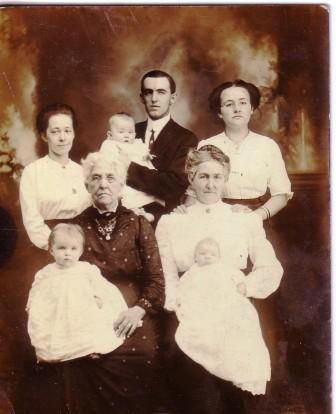

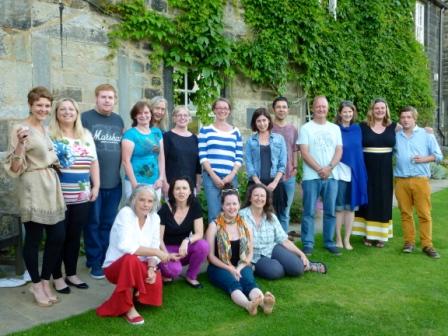

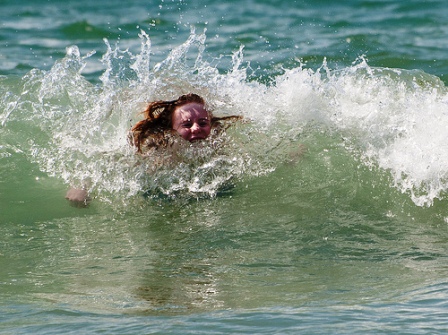
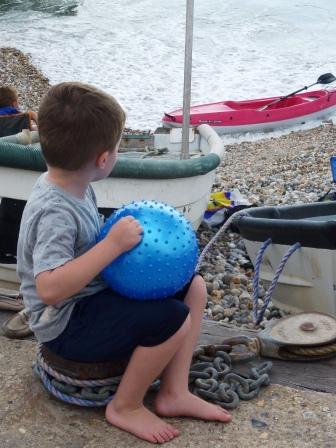


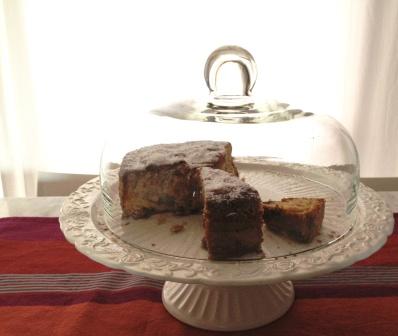
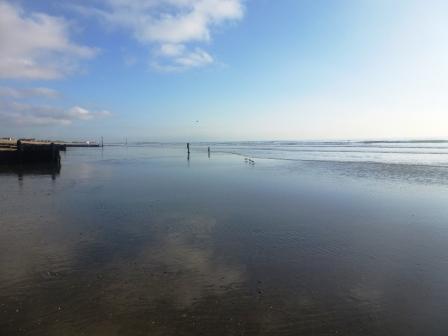








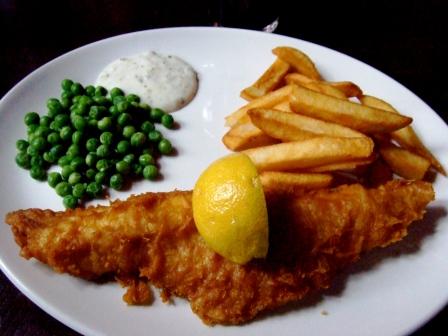
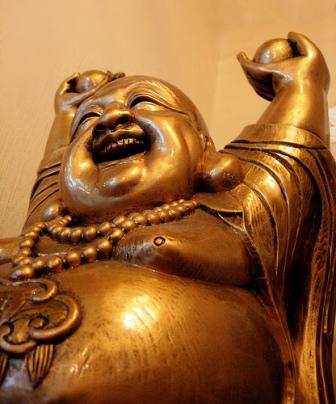
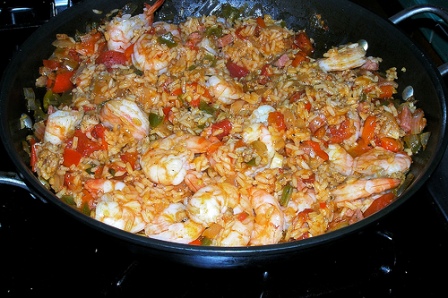
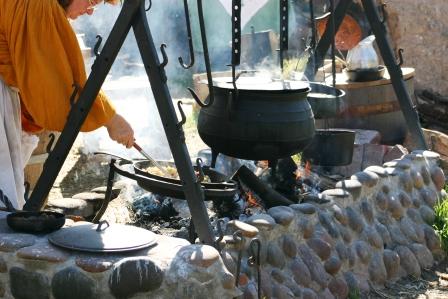


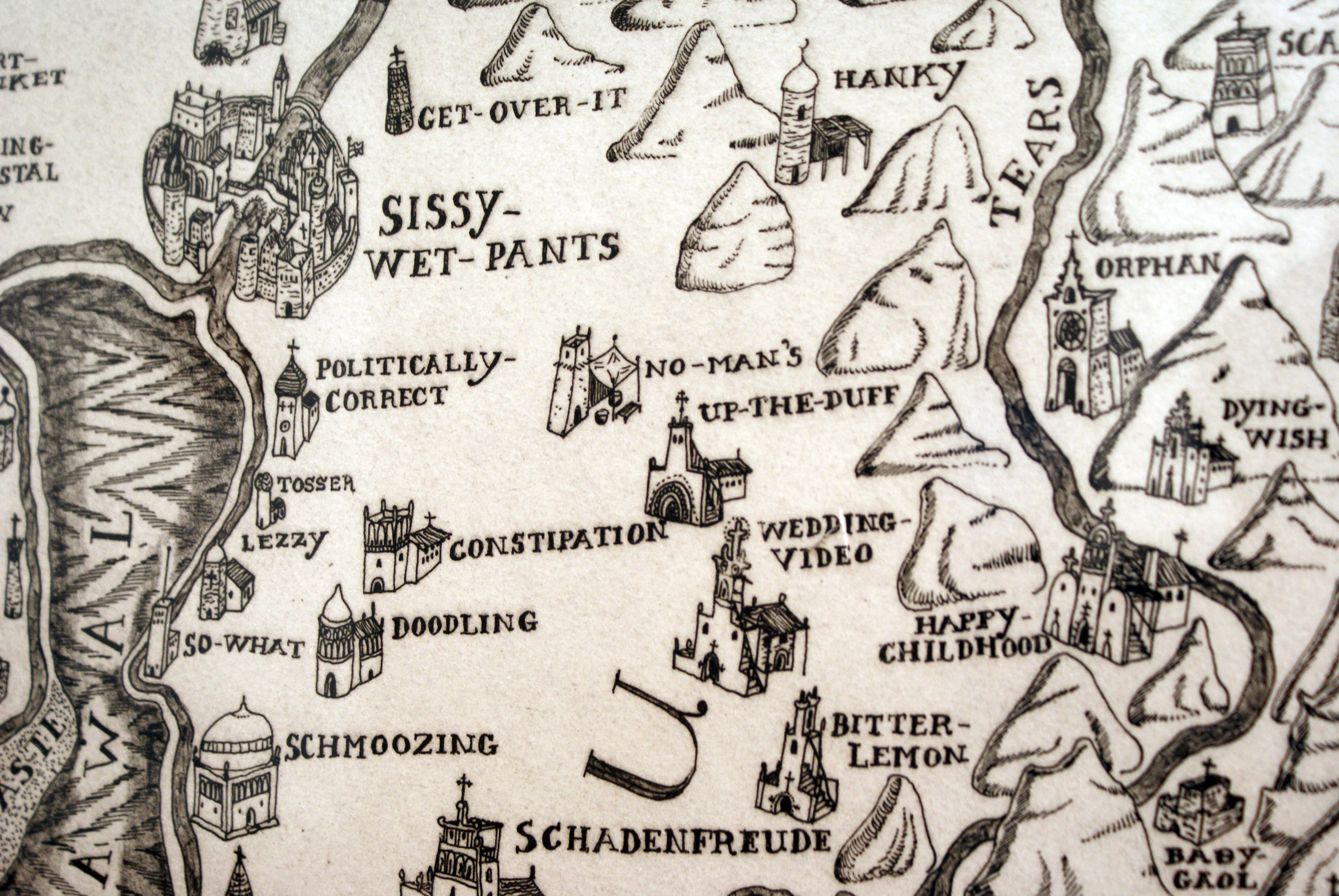
![By c. kennedy garrett (originally posted to Flickr as [1]) [CC-BY-2.0 (http://creativecommons.org/licenses/by/2.0)], via Wikimedia Commons](http://upload.wikimedia.org/wikipedia/commons/7/75/Young_woman_with_map.jpg)






